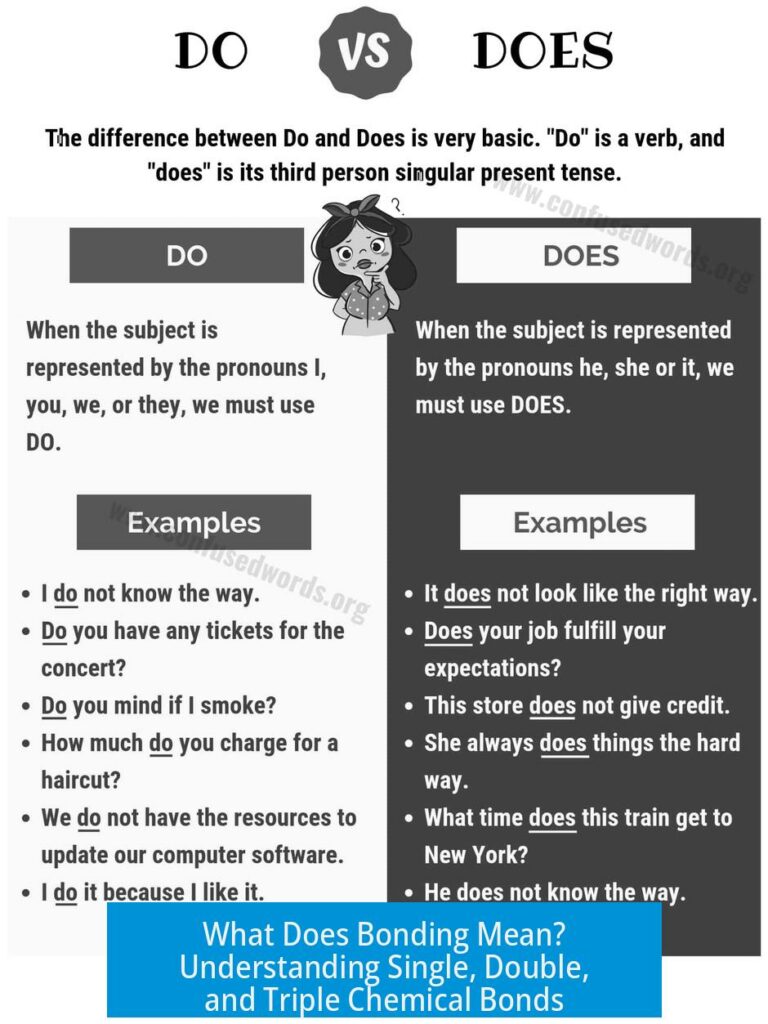Chemistry Job Market Overview

The chemistry job market has varied demand depending on position, education level, and industry sector. Demand exists for general chemists, especially in applied and analytical roles, but less so for pure research chemists, which usually require graduate degrees. Entry-level jobs often pay low wages and can involve repetitive instrument operation. Higher degrees and relevant experience improve job prospects and salaries significantly.
Demand and Types of Chemistry Jobs
The market mostly demands general chemists rather than research chemists. Four years of undergraduate chemistry studies primarily prepare students for research roles. However, securing research positions commonly requires graduate degrees or years of experience.
- Synthesis Chemists: Focus on creating new chemical compounds.
- Analytical Chemists: Specialize in analyzing substances and quality control.
- Research Chemists: Conduct experimental design and new discovery.
These roles overlap, but career sustainability usually involves combining at least two of these specialties, with business skills complementing scientific knowledge.
Industry Sectors and Specializations
The chemistry job market varies by sector, with some industries paying better and offering more opportunities.
Pharmaceutical Industry
The pharmaceutical sector provides the best-paid opportunities for chemists in the US. Analytical chemists are especially sought after here. While process chemists face steadier employment, analytical chemistry jobs frequently open, ranging from quality control to method development.
Competition is high. Many companies expect 1-3 years of experience for entry roles, and networking often plays a key role in hiring.
Other Fields Providing Opportunities
- Analytical Chemistry: Demand exists in water purity, nutritional analysis, and environmental sectors.
- Environmental Chemistry: Growing demand in Europe, focusing on pollution monitoring and chemical safety.
- Cannabis Industry: Generally low pay and high turnover; wages start low but may increase with experience.
- Oil and Polymers: These industries are expanding with relatively good compensation for entry-level roles.
- Regulatory Affairs: Increased employment due to stricter safety and environmental regulations, often requiring chemical expertise.
Education Level and Job Market Realities
Education level critically influences job type and compensation.
Bachelor’s Degree Holders
Those with a BS in chemistry often face low-paying jobs with limited advancement. Common roles include lab technician positions, paying between $12 and $18 per hour. Many of these roles involve “babysitting” analytical instruments with little complexity.
Without experience or graduate study, advancement opportunities are minimal. Some tasks in these roles require less than a bachelor’s degree, increasing job competition.
Graduate Degrees: Master’s and PhD
Holding a master’s or doctoral degree opens access to more specialized roles and higher pay. PhD holders, particularly in fields aligned with industry needs, receive better offers and a broader job selection.
However, prolonged graduate study risks over-specialization or underemployment in low-paying research positions. Graduates may need to consider industry-relevant skills or pivot to applied roles to improve employability.
Alternatives and Career Pathways
Chemistry graduates often apply their skills outside traditional labs.
- Sales and Marketing: Leveraging scientific knowledge in pharmaceutical or medical device sales.
- Business and Management: Running or working in healthcare services and technical consultancies.
- Non-Lab Fields: Transitioning to environmental engineering, IT, or trades such as electrician or pipefitting for better pay and stability.
This versatility reflects chemistry training’s problem-solving and technical analysis strengths beyond laboratory settings.
Geographic Influence on Job Availability
Chemistry jobs cluster in metropolitan biotech hubs such as Boston, San Diego, Dallas-Fort Worth, and other major cities. These regions show higher demand for pharmaceutical, medicinal, and analytical chemists.
Rural regions and smaller cities offer fewer opportunities. Living far from such centers reduces chances to secure industry roles, which emphasizes the importance of location in job-seeking strategies.
Challenges in the Chemistry Job Market
- Underemployment: Many positions involve low wages around $13–$15/hour, often in repetitive analytical instrument monitoring.
- Contract and Temp Work: Employers hire on contracts to avoid benefit costs, causing job insecurity.
- Regret about Degree Choice: Some graduates express regret about choosing chemistry due to limited post-graduate options and low pay in entry roles.
Not all STEM degree promises align with the chemistry job landscape, which many label as less rewarding without advanced education.
Job Seeking and Growth Strategies
- Apply broadly and tailor resumes for diverse chemistry-related roles.
- Gain hands-on experience even in low-paying roles to build skills.
- Engage in networking, research group positions, and internships during studies.
- Consider interdisciplinary skills and adjacent industries for career flexibility.
Key Takeaways
- Demand favors general and analytical chemists over research-only roles.
- Pharmaceutical and regulated industries offer the best pay and job stability.
- BS degree holders face low wages and limited advancement; graduate degrees enhance market prospects.
- Geography strongly influences job availability; metro biotech hubs have more openings.
- Non-traditional careers and trades can provide better compensation and security.
- Job seekers benefit from broad applications, relevant experience, and strong networking.





Leave a Comment